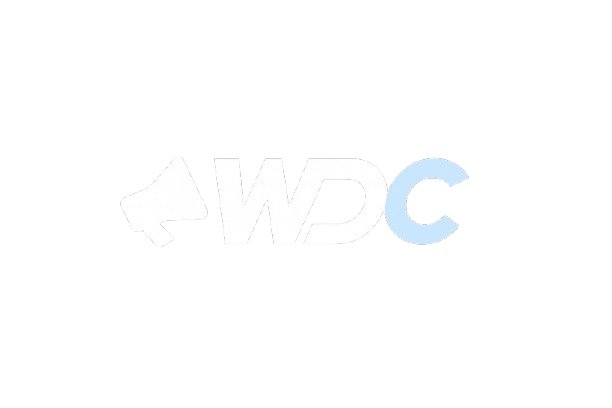Search engine optimization (SEO) has undergone a seismic shift in recent years, largely due to the rapid advancements in artificial intelligence (AI). With AI-driven algorithms like Google’s RankBrain, BERT, and now Gemini (formerly known as Bard), traditional SEO strategies are evolving at an unprecedented pace. Marketers who once relied on keyword stuffing, backlinking, and rigid optimization techniques must now embrace AI-powered tools and strategies to stay ahead. The question is: what’s next for marketers in this new era of AI-driven SEO?
AI’s Impact on SEO
AI has transformed SEO in several ways, fundamentally altering how search engines rank content and how users interact with search results. Here are some key changes:
1. Smarter Search Algorithms
Google and other search engines are now leveraging AI to better understand user intent. AI models like BERT (Bidirectional Encoder Representations from Transformers) help search engines process natural language more accurately. This means content must be more contextually relevant rather than just keyword-focused.
2. Voice Search Optimization
With the rise of virtual assistants like Siri, Alexa, and Google Assistant, voice search is becoming more prevalent. AI enables search engines to interpret conversational queries better, making long-tail, question-based keywords more important for SEO strategies.
3. Content Personalization & User Experience (UX)
AI helps tailor search results based on user behavior, preferences, and location. Websites with personalized content, fast load times, and mobile-friendly designs are rewarded with higher rankings.
4. Automated & AI-Generated Content
AI-powered content creation tools such as ChatGPT and Jasper are making it easier to generate SEO-friendly content. However, search engines are prioritizing human-like, high-quality content over spammy AI-generated material. Marketers must strike a balance between automation and originality.
5. Visual & Video Search Optimization
AI is improving image and video search capabilities. Platforms like Google Lens allow users to search using images, making alt-text, image optimization, and video SEO crucial for marketers.
What’s Next for Marketers?
As AI continues to reshape SEO, marketers must adopt new strategies to stay competitive. Here’s what they should focus on:
1. Prioritizing E-E-A-T (Experience, Expertise, Authoritativeness, Trustworthiness)
Google’s algorithm now places greater emphasis on E-E-A-T when ranking content. Marketers should ensure their content is credible, well-researched, and authored by experts to maintain visibility in search rankings.
2. Leveraging AI-Powered SEO Tools
AI-driven tools like SurferSEO, Clearscope, and SEMrush’s AI insights can help marketers analyze keyword intent, optimize content, and track real-time SEO performance. Automation can streamline repetitive tasks, allowing marketers to focus on strategy.
3. Adapting to Zero-Click Searches
With AI providing instant answers via featured snippets, knowledge panels, and direct responses, traditional organic traffic is shrinking. Marketers must optimize for rich results and structured data to stay visible.
4. Enhancing Conversational & Voice Search SEO
Natural language processing (NLP) advancements mean marketers should craft content that mirrors how people speak. FAQs, local SEO, and conversational content will be key for capturing voice search queries.
5. Focusing on Video & Interactive Content
AI prioritizes engaging content formats like videos, infographics, and interactive elements. Marketers should invest in video SEO, including transcripts, metadata optimization, and interactive storytelling.
Conclusion
AI has revolutionized the SEO playbook, and marketers who fail to adapt risk being left behind. The future of SEO lies in personalization, conversational search, AI-driven automation, and high-quality content. By leveraging AI-powered tools and focusing on user-centric strategies, marketers can stay ahead in this ever-evolving digital landscape. The key is to embrace change and continually refine SEO strategies to align with AI-driven advancements.

